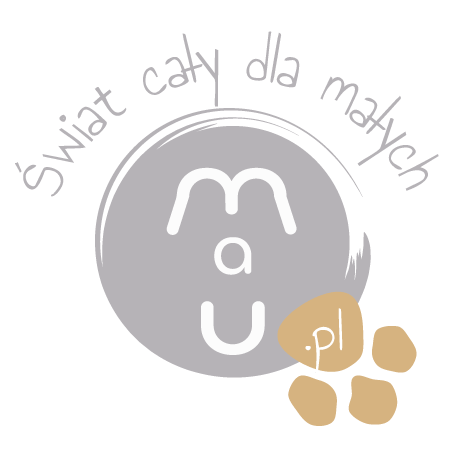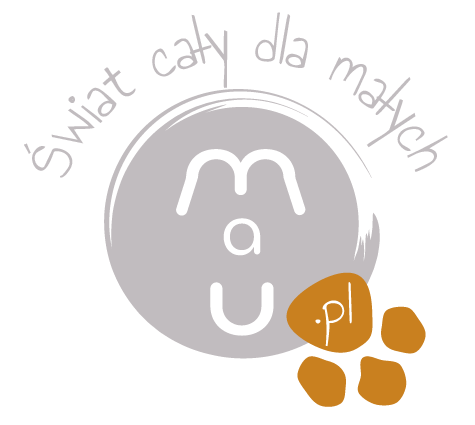In the ever-evolving world of education, where info streams perfectly and access to expertise is only a click away, student-driven encyclopedias are emerging as a vibrant device in the understanding procedure.

These platforms not only provide trainees with a repository of information but likewise urge them to contribute, modify, and curate content, fostering a collaborative and interactive understanding environment.
As instructional standards shift towards even more participatory and inclusive versions, the principle of student-driven encyclopedias personifies this improvement. These platforms encourage student community students to become energetic participants in expertise creation, connecting the void in between typical book discovering and contemporary digital resources.
The Idea of Student-Driven Encyclopedias
Student-driven encyclopedias are electronic systems where pupils jointly gather, verify, and distribute information on a large variety of topics. Unlike conventional encyclopedias, which are frequently composed by specialists, these systems leverage the collaborative efforts of trainees to create an extensive body of understanding.
At their core, student-driven encyclopedias are created to cultivate crucial thinking, study skills, and digital proficiency amongst trainees. By taking part in the process of web content creation, pupils find out to browse and review details critically, skills that are essential in today’s information-rich society.
Additionally, these platforms serve as an area for trainees to discover their passions and share their proficiency. This democratic approach to expertise creation ensures that a varied variety of perspectives and voices are represented, enriching the discovering experience for all individuals.
- Pupils acquire hands-on experience in research study and web content creation.
- Motivates partnership and peer communication.
- Promotes a deeper understanding of subject.
- Fosters inclusivity and diversity in understanding depiction.
Fundamentally, student-driven encyclopedias change pupils from passive recipients of details right into active factors, instilling a sense of ownership and duty in their academic journey.
Benefits of Student-Driven Encyclopedias
Among the major benefits of student-driven encyclopedias is the advancement of important 21st-century abilities. As pupils take part in the process of content production, they develop their critical reasoning, electronic literacy, and communication abilities, all of which are critical in today’s interconnected globe.
Furthermore, these platforms urge a joint learning setting, where pupils can collaborate to validate information, discussion different point of views, and co-edit posts. This peer-to-peer communication not just boosts learning outcomes but also promotes a feeling of community and shared regard among trainees.
In addition, student-driven encyclopedias use a platform for showcasing student work. As trainees contribute to the encyclopedia, they construct a portfolio of their study and writing, which can be important for additional academic and professional quests.
Obstacles and Limitations

Regardless of the various advantages, student-driven encyclopedias also deal with particular difficulties. Guaranteeing the precision and dependability of information is critical, as these systems depend on contributions from pupils who might not yet possess expert-level knowledge.
- Preserving content quality and accuracy.
- Providing sufficient guidance and advice.
- Guaranteeing equitable accessibility and inclusivity.
To minimize these obstacles, many student-driven encyclopedias carry out a system of checks and balances, where web content is evaluated by educators or specialists prior to magazine. This ensures that the details presented is both precise and credible, supporting the honesty of the system.
The Future of Student-Driven Encyclopedias
As modern technology continues to advance and the landscape of education and learning develops, the capacity for student-driven encyclopedias is vast. These systems have the capacity to not only enhance conventional instructional sources yet also redefine the method understanding is gotten and shared.
In the future, we might see student-driven encyclopedias incorporating advanced innovations such as artificial intelligence and machine learning to improve content curation and personalization. Additionally, they might increase beyond textual information to consist of multimedia content, providing an extra immersive understanding experience.
Encouraging the Next Generation
Student-driven encyclopedias hold the assurance of empowering the next generation of learners. By positioning trainees at the helm of knowledge creation, these platforms encourage long-lasting learning, interest, and intellectual self-reliance.
In conclusion, as instructional systems continue to introduce, student-driven encyclopedias stand as a testimony to the power of cooperation and the importance of pupil firm in the knowing process. By accepting these platforms, we open the doors to a much more inclusive, engaging, and vibrant instructional experience for all.





